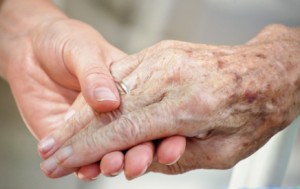For an addict, one of the most difficult choices to make is acknowledging one’s addiction and seeking treatment. When the addiction treatment is over, they often find it tough to get back on their feet. This is why a good number of them make the huge mistake of starting with impulse without realizing that some things are no longer the same.
Hence, even after an individual has been certified to be free from addiction, it is important to have a profound follow-up system in place. As earlier mentioned, an addict would want to take the bull by the horn without leaving any stone unturned.
Rehabs have a big role to play in helping addicts get back on their feet. Bearing in mind that the addict needs a transition phase before he or she starts out fully in the real world.
To start with, addicts should be encouraged to exercise on a regular basis. This is important because of the numerous benefits that come with exercise.
Also, know that these benefits cuts across all aspects of our lives: Physical, mental, emotional and a host of others. Exercising frequently helps the individual to start out well and remain on track.
Moreso, good nutrition is encouraged. It is one of the health measures that should not be neglected. Though, some people feel the signs that come with good nutrition are minute, you will be surprised to find out the huge chunk of changes that takes place in your body after series of nutritious meals.
Recovering individuals are also advised not to neglect the place of rest. One of the major reasons why rest is needed is because our bodies need to refresh themselves. When stress accumulates in the body, it can result in physical illness and other forms of health problems. In fact, stress is one of the major reasons why people become addicted.
Lastly, recovering individuals need the best of follow-ups they can get to prevent them from falling once again into the hands of addiction.




